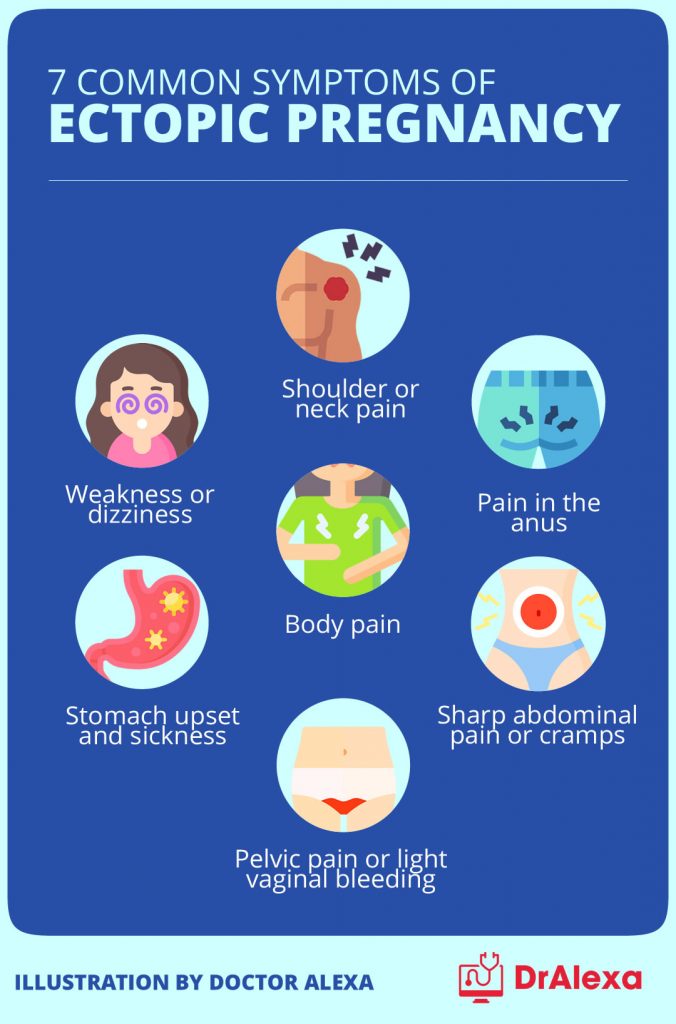Can chlamydia cause infertility?
Chlamydia is a treatable infection that can be cured with the correct prescription of antibiotics. However, can chlamydia cause infertility? Yes, it can permanently damage a woman’s reproductive system and cause infertility if not diagnosed and treated early. So how can Chlamydia cause infertility?
In women, chlamydia can expand to the ovaries, fallopian tubes, or womb leading to pelvic inflammatory disease (PID).
PID can cause severe problems to a woman’s reproductive system, like infertility or an ectopic pregnancy called extrauterine pregnancy.
Untreated chlamydia can also cause a woman’s fallopian tubes to be blocked at their ends by spreading into the tubes.
In addition, this infection can also cause scarring of the fallopian tubes, which hampers the tube’s ability to hold up the egg during ovulation. This also increases the risk of extrauterine pregnancy.
Chlamydia can also cause male infertility by damaging the sperm and scarring the urethra.
Can chlamydia cause infertility: who is at risk?
Chlamydia is an infection that can cause infertility in both women and men. Anybody can get a chlamydial disease; however, it is more widely spread among sexually active young people.
The CDC reports that 1 in 20 sexually active women from 14-24 years old has chlamydia, and two-thirds of new chlamydia cases are among young people aged 15-24.
Therefore, regular screening is advised for sexually active young people. This is to ensure that treatment options can immediately be considered in cases where the infection is present.
Can infertility caused by chlamydia be reversed?
Untreated chlamydia can trigger a fallopian tube infection even without apparent symptoms. In addition, pelvic inflammatory disease, another symptom of untreated chlamydia, can cause irreversible damage to the uterus, womb, fallopian tubes, and tissues- leading to infertility.
While chlamydia is curable and treatable, the damage caused by its long-term effects can sometimes be permanent and irreversible by fertility treatments.
How long does chlamydia take to cause infertility?
A study suggests it can take a few weeks after exposure to chlamydia for PID to develop. There is no determined timeline on how long it may take to cause damage.
The CDC estimates that 10-15% of women infected with chlamydia will develop PID within a year. Ectopic or extrauterine pregnancy, tissue scarring, and fallopian tube damage are common effects of PID.
Some women may start noticing symptoms of PID after some weeks, and others can notice in months. However, PID is usually diagnosed when the patients begin seeing signs of the infection.
Chlamydia and pregnancy
Untreated chlamydial infection in women can cause problems during pregnancy. These problems include premature membrane rupture, preterm labor, and low birth weight.
A newborn baby can also develop eye and lung infections as the infection can be passed from the mother during delivery.
There is no confirmed indication that chlamydia causes miscarriages. However, it can cause abdominal pain, abnormal discharge, or bleeding after sex.

Ectopic or extrauterine pregnancy due to chlamydia
Untreated chlamydial infection in women can cause severe complications like PID. In addition, PID puts a woman at more risk of developing an Ectopic or extrauterine pregnancy.
An Ectopic or extrauterine pregnancy develops when a fertilized egg implants and grows outside the main chamber of the uterus.
The fertilized egg usually grows in the fallopian tube, which brings the eggs from the ovaries to the uterus. This is called a tubal pregnancy.
Symptoms of an Ectopic or extrauterine pregnancy
Ectopic or extrauterine pregnancy symptoms usually start between the fourth and twelfth weeks of the pregnancy. Sometimes, some women don’t experience symptoms at first. These women may not be aware they have an ectopic pregnancy until more developed symptoms occur later.
Some of the common symptoms of an Ectopic or extrauterine pregnancy may include;
- Stomach upset and sickness
- Sharp abdominal pain or cramps
- Pelvic pain or light vaginal bleeding
- Body pain
- Weakness or dizziness
- Pain in the anus
- Shoulder or neck pain
Frequently Asked Questions
Chlamydia can indeed cause infertility in both men and women. However, it is not the only factor contributing to infertility in women. Several other environmental factors can play a role in this condition.
Factors like exposure to pesticides, radiation, and other chemicals as well as alcohol, smoking, marijuana use, anabolic steroids, cigarette smoking, antibacterial medications, depression, and high blood pressure can also adversely affect a woman’s fertility.
Age can also be another critical factor. The quality and quantity of a woman’s eggs reduce as she ages, thus making it difficult for her to get pregnant as she approaches menopause.
Chlamydia may not be directly life-threatening, but if not treated, it can cause some potentially fatal health complications. It can trigger complications like inflammation of the urethra, cervix, pelvis, fallopian tubes, uterus, or the lining of the uterus.
As one of the most reported sexually transmitted diseases, untreated chlamydia can cause extensive genetic damage in the male sperm, leading to sterility. Previously, doctors have extensively researched chlamydia trachomatis and its damaging effects on women’s reproductive processes.
However, some new studies report the sperms of men with chlamydia to have more than thrice the average level of DNA fragmentation as others.
A study published in 2004 found that men with chlamydia had way fewer chances of getting their partners pregnant.
In addition, the research suggests the correct dosage of antibiotic treatment can help the body restore the sperm’s genetic integrity and reverse infertility.
Antibiotics are usually effective in treating sexually transmitted diseases like genital herpes and Chlamydia. For instance, over 95% of people will be free from Chlamydia if they use their prescribed antibiotic as recommended.
It can be advantageous to start your antibiotic treatment when results from your doctor confirm you have a chlamydial infection. This can be vital in reducing the way Chlamydia affects your health.
Doxycycline and azithromycin are the two most commonly prescribed antibiotics for Chlamydia.
Suppose you find out you’ve had chlamydia for two years. It’s best you contact your healthcare specialist for treatment immediately.
This is because untreated chlamydia can cause unpleasant complications.
Some women can consistently get the pelvic inflammatory disease (PID) which can cause irreversible damage to a woman’s reproductive organs.
This condition can also cause tubal pregnancies, severe pelvic pain, and further spread of the bacteria.





